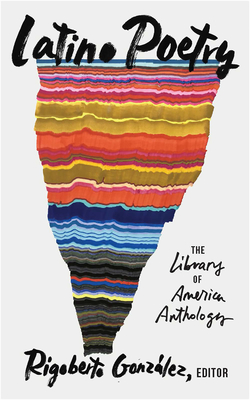
description
0
From the Pulitzer Prize-winning author of The Sympathizer (now an HBO series) comes a moving and unflinchingly personal meditation on the literary forms of otherness and a bold call for expansive political solidarity.
Born in war-ravaged Vietnam, Viet Nguyen arrived in the United States as a child refugee in 1975. The Nguyen family would soon move to San Jose, California, where the author grew up, attending UC Berkeley in the aftermath of the shocking murder of Vincent Chin, which shaped the political sensibilities of a new generation of Asian Americans. The essays here, delivered originally as the prestigious Norton Lectures, proffer a new answer to a classic literary question: What does the outsider mean to literary writing? Over the course of six captivating and moving chapters, Nguyen explores the idea of being an outsider through lenses that are, by turns, literary, historical, political, and familial. Each piece moves between writers who influenced Nguyen's craft and weaves in the haunting story of his late mother's mental illness. Nguyen unfolds the novels and nonfiction of Herman Melville, F. Scott Fitzgerald, Ralph Ellison, William Carlos Williams, and Maxine Hong Kingston, until aesthetic theories give way to pressing concerns raised by war and politics. What is a writer's responsibility in a time of violence? Should we celebrate fiction that gives voice to the voiceless--or do we confront the forces that render millions voiceless in the first place? What are the burdens and pleasures of the "minor" writer in any society? Unsatisfied with the modest inclusion accorded to "model minorities" such as Asian Americans, Nguyen sets the agenda for a more radical and disquieting solidarity with those whose lives have been devastated by imperialism and forever wars.member goods
No member items were found under this heading.
listens & views

AM YISROEL CHAI: HALLELUYA1 / ...
by AM YISROEL CHAI: HALLELUYA1 / VARIOUS
COMPACT DISCout of stock
$14.25
Return Policy
All sales are final
Shipping
No special shipping considerations available.
Shipping fees determined at checkout.






